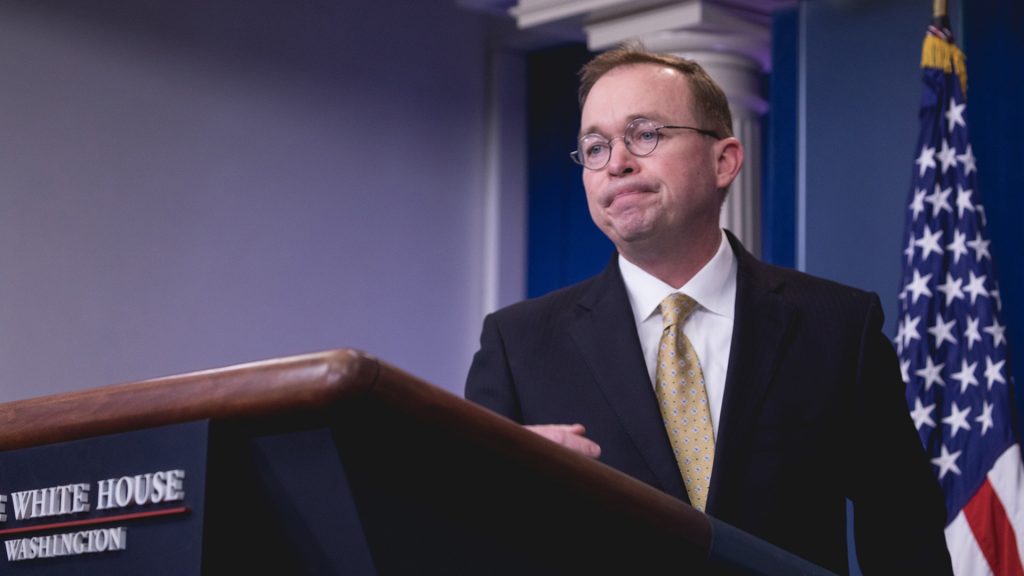There is no doubt that bipartisanship has been on the decline for many years, but the 2016 election created a dramatic rift in our country’s ability to listen to and respect those with dissenting opinions. According to a study done by Pew Research Center in 2017, “The shares of Democrats and Republicans who have very unfavorable opinions of the other party are much higher today than in the 1990s. In the yearly average for 2017, 44 percent of Democrats and Democratic-leaners said they had a very unfavorable view of the GOP, while 45 percent of Republicans and Republican-leaners said the same thing about the Democratic Party.”
This estrangement of “the other side” has led not only to a divided public, but to a divided government, making bipartisan decisions nearly impossible and frustrating the American people.
In an unanticipated turn of events, representatives from all corners of the political spectrum hailed the new year by calling for an increased effort to improve bipartisanship, despite the statistics. Both Republicans and Democrats from across the country have called for cooperation, and in light of the present (now over) government shutdown, they are calling loudly.
While both parties are claiming a desire to cooperate, no actual effort of joint action has been demonstrated. Despite a likely honest desire to find common ground, the general hostility toward the opposing party has caused an inevitable halt in bipartisan efforts. Congress is guilty of blaming the other side for its lack of success, and its members’ backhanded insults are making compromise impossible.
Amid the government shutdown, the White House’s voicemail was altered to say, “Unfortunately, we cannot answer your call today because congressional Democrats are holding government funding — including funding for our troops and other national-security priorities — hostage to an unrelated immigration debate.”
In a similarly blaming fashion, Democratic senators have been speaking out against their Republican counterparts. Rep. Ted Lieu, D-Calif., asked the House of Representatives on Sunday night, “How did we get here?” and answered his own question in a later tweet stating, “Because House and Senate Republicans refuse to do their jobs.”
This administration has an inexorable need to condemn its opposition. President Donald Trump has proved throughout his first year in office through his sophomoric antics and rhetoric that he believes his truth is the only truth, and our Congress is no different. If the government truly wants to find common ground and reach an agreeable compromise, then the compromising must start with each side addressing each other and finding some way to respect and listen to the opposing side.
Congress needs to stop battling among itself, hiding behind social-media platforms and pettily complaining how abhorrent the other side is. The truth of the matter is that both sides are guilty of causing this extreme divisiveness, and the only way to get closer to agreement is to recognize one’s own fault and put aside all trivial antics.
The same Pew Research Center study noted above states, “In 1994, fewer than 20 percent of people in both parties had a very unfavorable view of the opposing party.”
Successful bipartisanship has been attained before. If congressional representatives are incapable of a task as simple as finding a way to respect each other in order to better our country, then it’s about time we vote them out.



